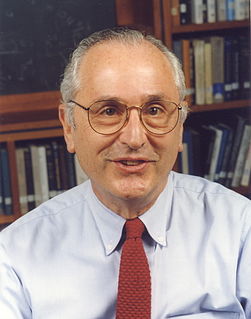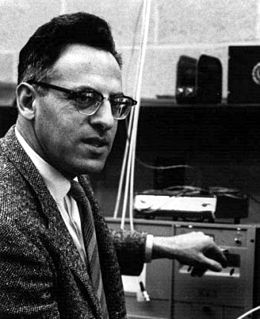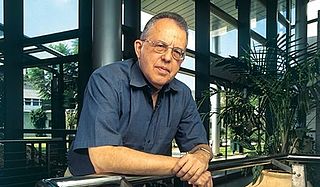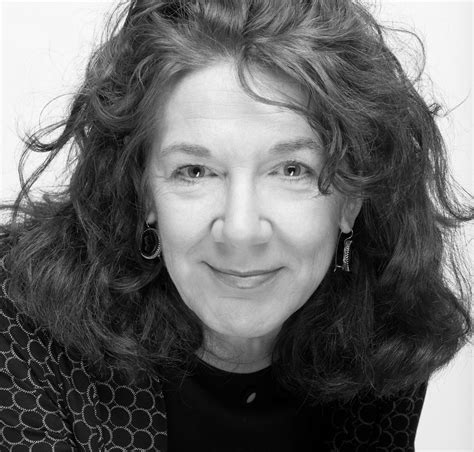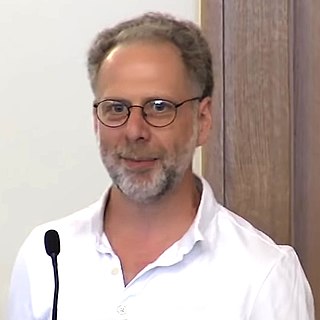A Quote by John N. Bahcall
These neutrino observations are so exciting and significant that I think we're about to see the birth of an entirely new branch of astronomy: neutrino astronomy. Supernova explosions that are invisible to us because of dust clouds may occur in our galaxy as often as once every 10 years, and neutrino bursts could give us a way to study them.
Related Quotes
The more often we see the things around us - even the beautiful and wonderful things - the more they become invisible to us. That is why we often take for granted the beauty of this world: the flowers, the trees, the birds, the clouds - even those we love. Because we see things so often, we see them less and less.
I love to revel in philosophical matters-especially astronomy. I study astronomy more than any other foolishness there is. I am a perfect slave to it. I am at it all the time. I have got more smoked glass than clothes. I am as familiar with the stars as the comets are. I know all the facts and figures and have all the knowledge there is concerning them. I yelp astronomy like a sun-dog, and paw the constellations like Ursa Major.
Laplace considers astronomy a science of observation, because we can only observe the movements of the planets; we cannot reach them, indeed, to alter their course and to experiment with them. "On earth," said Laplace, "we make phenomena vary by experiments; in the sky, we carefully define all the phenomena presented to us by celestial motion." Certain physicians call medicine a science of observations, because they wrongly think that experimentation is inapplicable to it.
After the birth of printing books became widespread. Hence everyone throughout Europe devoted himself to the study of literature... Every year, especially since 1563, the number of writings published in every field is greater than all those produced in the past thousand years. Through them there has today been created a new theology and a new jurisprudence; the Paracelsians have created medicine anew and the Copernicans have created astronomy anew. I really believe that at last the world is alive, indeed seething, and that the stimuli of these remarkable conjunctions did not act in vain.
It is unlikely that we will ever see a star being born. Stars are like animals in the wild. We may see the very young, but never their actual birth, which is a veiled and secret event. Stars are born inside thick clouds of dust and gas in the spiral arms of the galaxy, so thick that visible light cannot penetrate them.
In law, as in every other branch of knowledge, the truths given by induction tend to form the premises for new deductions. The lawyers and the judges of successive generations do not repeat for themselves the process of verification any more than most of us repeat the demonstrations of the truths of astronomy or physics.
Paper after paper, study after study, have shown that chairs give us back problems because they shorten our hip flexors, give us weak backs, of course it make us sedentary. We take years off our lives probably by sitting in chairs, but we like them because they're comfortable. You go to an African village, you find me a chair with a back. That's a rare thing out there.
Each of the major sciences has contributed an essential ingredient in our long retreat from an initial belief in our own cosmic importance. Astronomy defined our home as a small planet tucked away in one corner of an average galaxy among millions; biology took away our status as paragons created in the image of God; geology gave us the immensity of time and taught us how little of it our own species has occupied.
